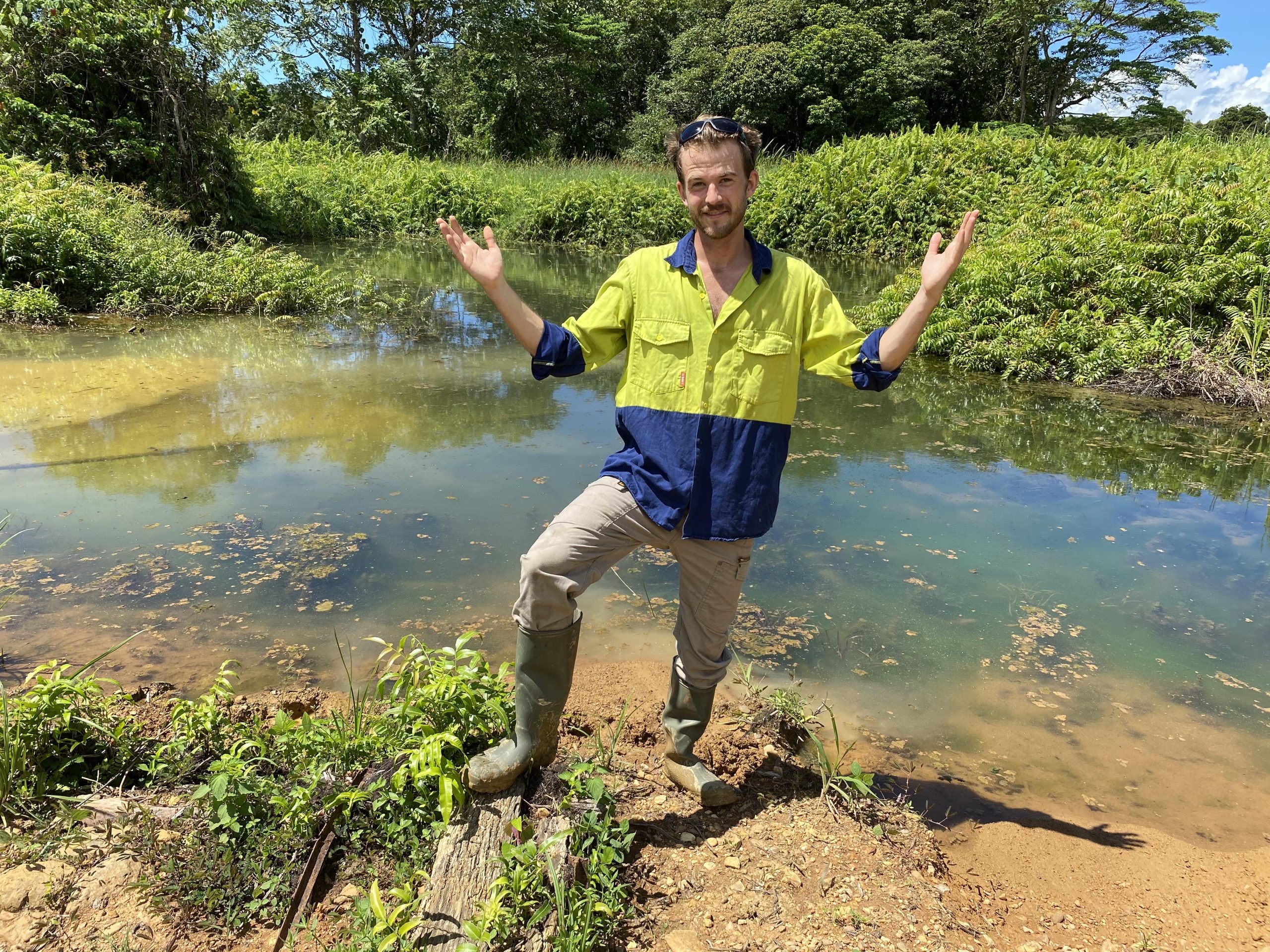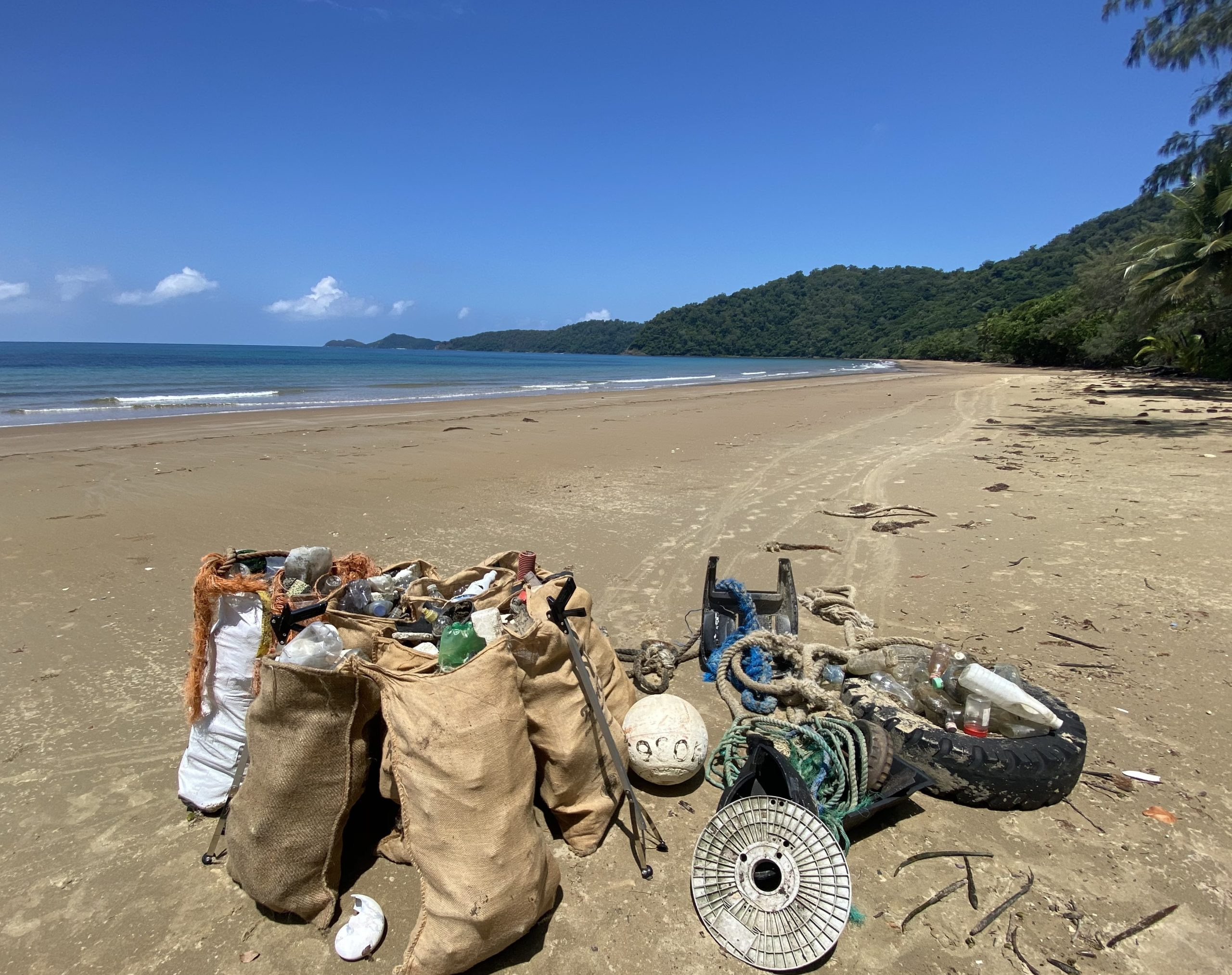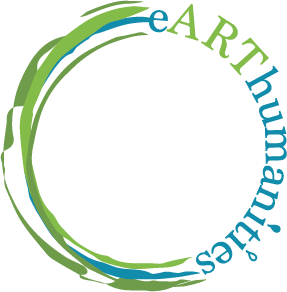Barney Swan was born in the United Kingdom and raised off-grid in Far North Australia, where the lack of modern conveniences helped him develop an acute understanding of the value of energy. With degrees in Business and Multimedia, Barney is the International Director for ClimateForce. He leads corporate and educational workshops around the world and promotes Environmental Social Governance (ESG) and the Sustainable Development Goals (SDGs). In the mission to design a more sustainable future, he is currently working on the ClimateForce challenge, a collaborative mission to plant 360,000 trees on a 370-acre cleared wildlife corridor before 2025. Swan has also facilitated expeditions of youth from across UAE, Saudi Arabia, and Oman to the Arctic, Antarctica, and Kilimanjaro.
From Antarctica to the oldest rainforest in the world, you’ve lived off-grid in incredible environments. What draws you most to nature?
It would be the innate wisdom of the planet and how it is so ancient that draws me most to nature. It is a 4.6-billion-year-old planet in a 14-billion-year-old universe. We’re living in an ancient, super-wise, flawless system. I think that the power of being on an ice cap, being on the top of a mountain, going scuba diving, or finding yourself in an untouched bit of rainforest, are the moments that remind you of that intellect.
In the past 300 years of industrialization, we have altered it. We have the potential to destroy most of it if we don’t check ourselves in this next decade. I have seen the beauty of nature, but I have also seen rivers choked with plastic, bulldozed trees, and dying endangered animals. Fundamentally, nature is stronger than our species and it will reject us if we don’t respect it.
Things like biomimicry, penicillin, other medicines, and even solar panels come from that tool design. And the more we can lean into that wisdom and process, the more we can tap for holistic medicines and better renewable energy, instead of burning fuel. And hopefully, we will not have lithium batteries in 10 years, but mushroom graphene batteries made from landfill waste or something like that!
I believe nature is the ultimate humbler anytime I am checking my arrogance. I love scuba diving because you are underwater. It doesn’t matter if you are with someone from the UAE or someone from India or England because you all are speaking the same language of whether you are okay to go up or how many tanks? Fundamentally that is binding. There is no creed, salary bracket, ideology, or dogma from any human. Fundamentally provisions from nature i.e., clean water, good food and shelter are requirements to feel comfortable as a human.
The more we realize that our dependence on the basics comes from a healthy earth system, the more we will respect it. So as a result, connecting people back to nature and connecting ESG CSR and government impacts back to nature and the human relationship with nature is one of the key things we can do to build more momentum on a clear climate crisis and a roadmap forward.


On its surface, skiing across Antarctica, planting forests in Australia and educational workshops in the UAE seem unconnected. What is the golden thread that runs through your work?
One of the things that we need to talk more about right now, which I am also passionate about, is equalizing. We all have different ways of seeing the world and we need to empower each other to contextualize for our own countries, communities, and families. We need to open source that process to everyone.
Whether it is the expedition or the rainforest project or giving a school talk, you never really know the record of what it creates, which is something I deeply love. If you would be of service and can help, give more credibility to people through knowledge and experience, that’s an awesome legacy! This is especially true if it is more service-oriented and that’s what drives me.
Fundamentally we are doing something that can be a blueprint for restoration and other innovations like off-grid, renewable energy, managing nitrogen and runoff and sediment, overflow to the Great Barrier Reef, and lots of other co-benefits with school, curriculum, recreation, access, mental health discussions, traditional owner engagement from a youth perspective and not just the elders.
We are trying to fundamentally humanize the ESG and CSR and SDGs and all these acronyms. So how do we humanize some of the awesome work that is going on with the World Bank, Green Bonds, Paris Agreement and Net Zero Net Positive commitments, and a huge shift in divestment in fossil fuels? How do we humanize that and get people to trust it? Because fundamentally people don’t trust conservation right now! And they think that a lot of it is just feeding business’s pockets, which is happening, but there are also billions of dollars going towards innovation and research and protecting some huge blocks of land. So, essentially, I am just trying to bridge that gap with trust and impact through the storytelling side of things.
Climate science is increasingly dire. How do you foster hope in your climate efforts?
I have been reading way too much news recently, as I like being informed on what’s happening around the world. But at the same time, that does have an influence on my day-to-day workings. And I am going to be online six zoom calls a day and you often feel the whole thing is pointless.
But when I see a pile of rubbish cleaned up on a beach or at the end of a school tour, having twenty kids put up their hands to ask some questions is what gives me hope. Fundamentally, tracking your personal KPIs of impact is the way to keep hopeful. As the world is moving towards tech very quickly, humanizing that with very real stories that can be felt with your senses is what we have been doing for over a decade with these expeditions.
In fact, there is so much mental anxiety, depression, and a lack of feeling of place in the world, which is mainly because people are not surrounded by community, and they are not in nature anymore. Instead, they are addicted to their phones, watching Netflix. Not saying any of those things are bad, but then we go hiking and engage in service with wildlife and old people, they are physical and sensory touch points. Fundamentally, we need more of those to keep hopeful.

